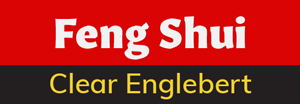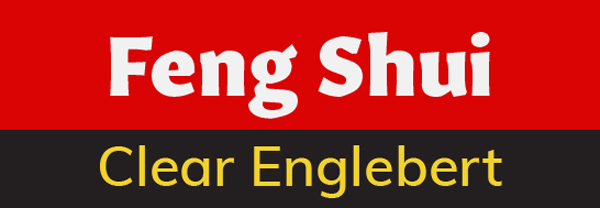About the Reviews
There are hundreds of feng shui books and even more web sites, so repeating what’s been said before doesn’t seem like a good use of web space. Instead, I’d like to help people find the kind of feng shui information that would be useful in their lives. I worked in book retailing for over two decades and founded two bookstores and one library. I’ve watched publishing fads come and go—publishers jumping on the bandwagon with slapped-together product. The cream needs to rise to the top. Numerous clients have told me that they’ve gotten a feng shui book only to find it confusing.
These reviews are just my personal opinions. In no way are they paid advertisements. I don’t sell books, but here are my suggestions for obtaining these books.
The simple distinction that I make in categorizing these books is: do they use compass directions (north, south, east, west) or is the bagua based on the entrance (Form School or Landform)? Generally speaking, the kind that doesn’t use compass directions is easier for westerners to grasp. I highly recommend being acquainted with more than one feng shui book, however certain books are more suited for beginners than others. It’s usually around the second or third feng shui book that people begin to realize that practically everything in one book can disagree with another book. If you liked the first feng shui book you read, and you’d like to read more, try books that are in that same category, especially four-star books. If the first feng shui book you tried to read didn’t click with you, try a book in a different category. Probably you will begin to like and understand feng shui—to your benefit. Remember, any time a publisher or author describes a book as “complete,” please take that with a big grain of salt. Feng shui has had thousands of years to evolve and branch out. There are about as many kinds of feng shui as there are kinds of Christianity, but you might never know that from picking up any one book. A third category of reviews is for books that are related to feng shui. Within a school, most feng shui books say much the same thing that other feng shui books say. It’s just that some books make the information more accessible.
Here’s the rating system:
★★★★★ The cream of the crop
★★★★✩ Excellent
★★★✩✩ Good
★★✩✩✩ OK
★✩✩✩✩ Not-so-good
✩✩✩✩✩ [no stars] Not recommended

